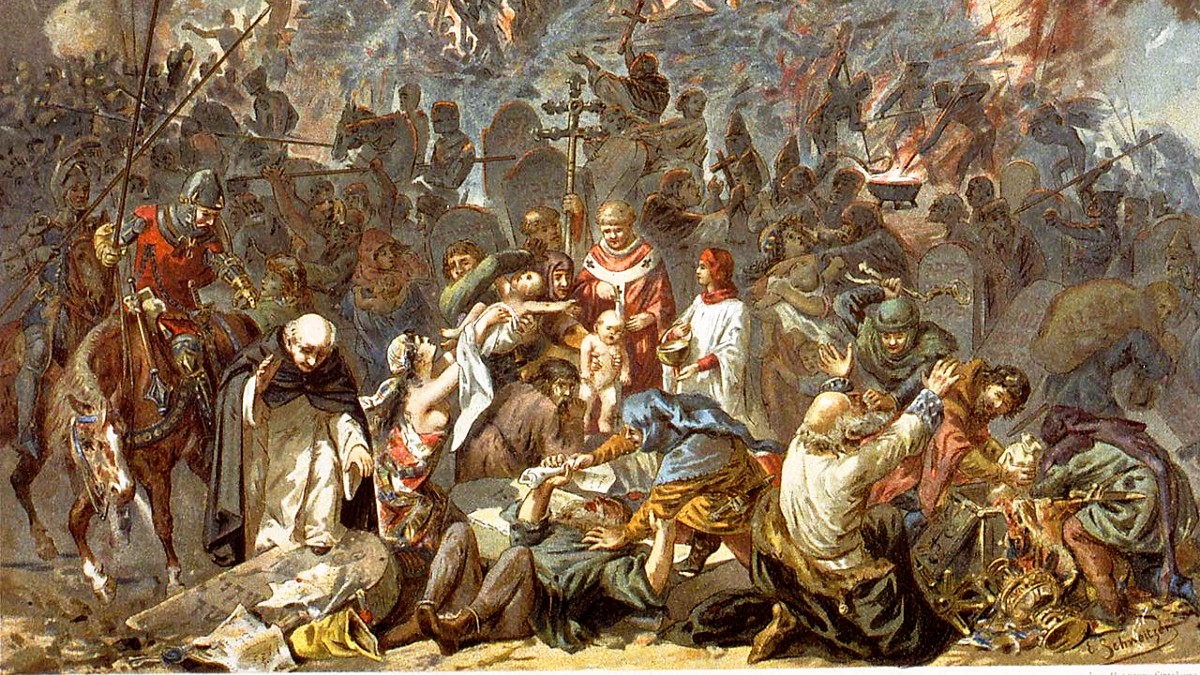Hellenism and the Hasmoneans. When, after a century of struggle for control of Palestine, the Seleucids won a permanent victory about 200 B.C., their monarch issued special tax privileges for the Jews. The high priest of the Temple of Judea represented the Jews in their dealings with their Seleucid overlord and was responsible for collecting the taxes for him. The upper classes among the Jews found themselves greatly attracted by Greek culture. Some Jews engaged in athletics naked in the Greek fashion; Greek artistic motifs and symbols appeared on Jewish monuments and coins. The Greek language spread widely; many Jews took Greek names.
This Hellenization of upper-class Jews in Judea led to conflict with the many Jews who sought to keep the traditions pure. And the poorer population—tenant farmers on the lands of the rich or humble artisans in the cities—hated their fellow Jews who oppressed them in association with the Seleucid monarchy. Parry strife and civil war led to the intervention of Antiochus IV in 168 B.C., and to a concerted attempt to destroy Judaism by force. Judaism was declared illegal, and an altar on which pigs were sacrificed to Zeus was superimposed on the altar of the Temple. The Jews rebelled; the Maccabean wars (named after Judah Maccabeus, the Jewish commander) were savage. On December 25, 160 B.C., the Maccabees restored Jewish worship at the defiled Temple in Jerusalem.
In 153 B.C. Judah Maccabeus’s brother Jonathan became high priest, and his descendants (called Hasmoneans after a priestly ancestor, Hasmon) held the office for 117 years, until 37 B.C. The Hasmonean state of Judea was virtually independent until 63, when Pompey annexed it to the Roman Empire with the rest of Syria. The Hasmoneans made war on the territories adjoining Judea, forcibly circumcising non-Jewish men, and added greatly to anti-Jewish feeling. To the gentiles’ complaints, the Hasmoneans replied that they were reestablishing themselves in the lands of their ancestors.
Yet another party of Jews opposed the Hasmonean conquests, for they were content to live under foreign rule so long as the Jewish religion was protected. They expected that the power of the gentiles would in any case pass away, that the “Ancient of Days” would sit upon his eternal throne and grant to a Messiah an everlasting earthly dominion. To this party—the “pious people” (Hasidim or Assidaeans)—the Hasmoneans were arrogant usurpers.

